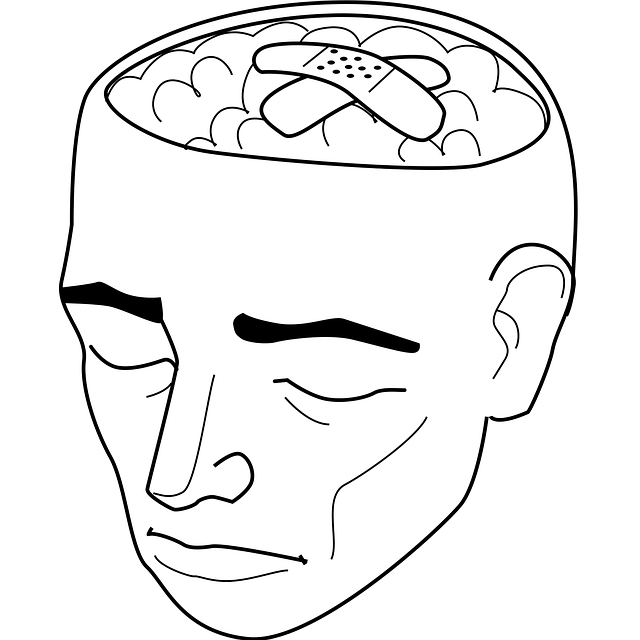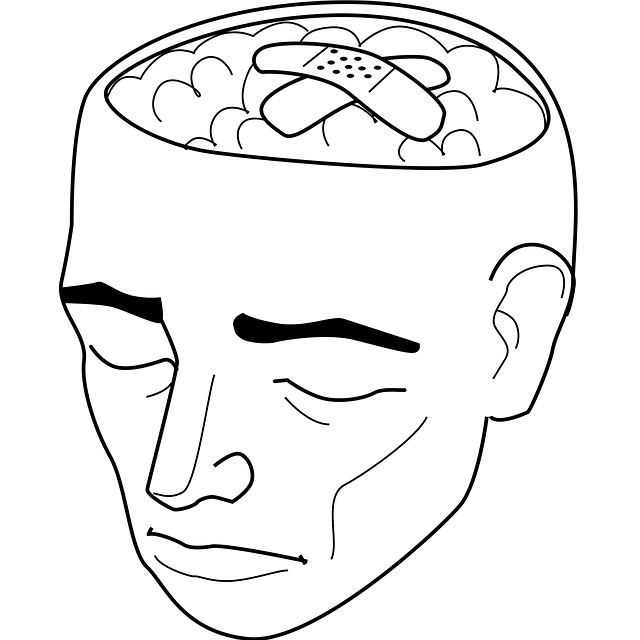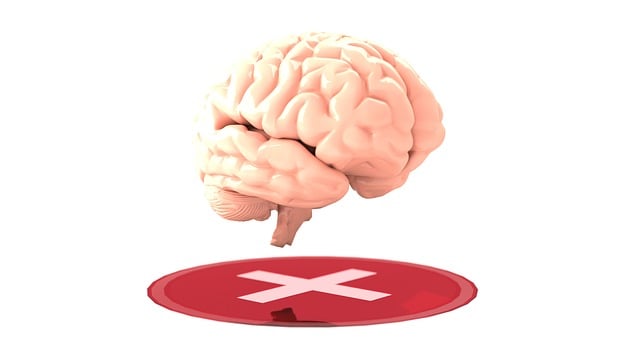Crisis Intervention Teams (CITs), comprised of professionals from various sectors, utilize evidence-based methods like Castle Rock Somatic Experiencing Therapy (CREST) for de-escalating high-stress situations. CREST focuses on emotional resilience and self-regulation through somatic practices, integrating mindfulness meditation and specialized training to enhance crisis management. This holistic approach combines trauma processing, present-moment awareness, and risk management planning, prioritizing the well-being of both teams and those in crisis. Post-training support, including ongoing resources and peer mentoring, ensures continuous learning and emotional resilience for effective long-term crisis intervention.
Crisis intervention teams play a vital role in managing and resolving high-stress situations. This article explores comprehensive training programs, including unique approaches like Castle Rock Somatic Experiencing Therapy, that equip professionals to handle crises effectively. We delve into essential components, practical implementation strategies, and continuous improvement techniques for post-training success. Understanding these key aspects is crucial for maximizing the impact of crisis intervention teams in various settings.
- Understanding Crisis Intervention Teams: Their Role and Impact
- Castle Rock Somatic Experiencing Therapy: A Unique Approach to Training
- Essential Components of Effective Crisis Intervention Programs
- Practical Implementation: Preparing Teams for Real-World Scenarios
- Continuous Improvement and Support for Post-Training Success
Understanding Crisis Intervention Teams: Their Role and Impact

Crisis Intervention Teams (CITs) play a vital role in addressing and de-escalating high-stress situations, ensuring the safety and well-being of individuals and communities. These specialized teams are designed to provide immediate support during crises, offering a calm presence and evidence-based strategies to help those experiencing emotional turmoil or distress. CITs typically consist of trained professionals from various fields, including healthcare, social work, law enforcement, and mental health specialists. Their primary objective is to offer effective interventions, prevent escalations, and connect individuals with long-term support systems.
The impact of well-structured Crisis Intervention Team training programs, such as those offered by Castle Rock Somatic Experiencing Therapy, cannot be overstated. These programs equip team members with essential skills in conflict resolution techniques, emotional regulation strategies, and effective communication, fostering a collaborative approach to crisis management. By integrating mental wellness podcast series production techniques into training, CITs can enhance their ability to document and share de-escalation methods, ensuring consistency and continuous improvement. Moreover, social skills training within these programs empowers team members to build rapport with individuals in crisis, facilitating safer and more positive outcomes for all involved.
Castle Rock Somatic Experiencing Therapy: A Unique Approach to Training

The Castle Rock Somatic Experiencing Therapy (CREST) training program offers a unique and innovative approach to crisis intervention team development. This method focuses on enhancing emotional resilience and self-regulation skills, which are essential components of effective crisis management. CREST goes beyond traditional therapy by incorporating somatic practices, emphasizing the connection between the mind and body in trauma response and recovery. Participants learn powerful empathy-building strategies that enable them to connect deeply with individuals in crisis, fostering a supportive environment for healing.
Through hands-on exercises and simulations, teams develop practical skills in self-care routine implementation, ensuring better mental health and emotional well-being during high-stress situations. The program encourages a holistic understanding of crisis intervention, promoting techniques that not only address the immediate crisis but also focus on long-term emotional growth and stability. CREST’s unique approach prepares teams to respond effectively while prioritizing their own emotional well-being.
Essential Components of Effective Crisis Intervention Programs

Effective crisis intervention team training programs are multifaceted, integrating various techniques to ensure a comprehensive approach. One key component is Castle Rock Somatic Experiencing Therapy, which focuses on helping individuals process and release trauma through bodily sensations and movements. This method has been shown to significantly enhance emotional regulation and resilience during crises.
Additionally, incorporating Mindfulness Meditation into crisis intervention guidance empowers team members to cultivate present-moment awareness, enabling them to respond calmly under pressure. Boosting confidence through specialized training is equally crucial; well-prepared team members are more likely to provide timely and effective support. The combination of these elements creates a robust framework for managing crises, ensuring the safety and well-being of all involved.
Practical Implementation: Preparing Teams for Real-World Scenarios

In the realm of crisis intervention team training, preparing professionals for real-world scenarios is paramount. Programs like Castle Rock Somatic Experiencing Therapy (SE) offer a unique approach by integrating self-awareness exercises that enhance emotional regulation and inner strength development. These practical implementations go beyond theoretical knowledge, equipping teams with the skills needed to navigate high-pressure situations effectively.
Through simulated crisis scenarios, mental health professionals learn risk management planning techniques tailored to diverse populations and complex environments. By fostering a culture of resilience and adaptive strategies, these training programs ensure that intervention teams are well-prepared to handle unexpected challenges, ultimately improving their ability to provide compassionate and professional support in the field.
Continuous Improvement and Support for Post-Training Success

Post-training support is pivotal for the successful implementation of crisis intervention skills. It ensures that participants can effectively apply what they’ve learned in real-life scenarios, fostering improved emotional well-being promotion techniques and stress management strategies. The Castle Rock Somatic Experiencing Therapy (SE) program excels in this aspect by offering ongoing resources and a community of practice for continuous learning and improvement. This supportive network allows individuals to share experiences, refine their skills, and enhance their self-esteem, making them better equipped to handle crisis situations.
Additionally, regular debriefing sessions and peer mentoring play a crucial role in reinforcing positive changes. By engaging in open discussions about challenges faced during the training and beyond, participants can gain valuable insights and learn from one another’s experiences. This collaborative environment promotes self-reflection and encourages individuals to adopt healthier coping mechanisms, ultimately contributing to their overall emotional resilience and professional growth.
Crisis intervention team training, as exemplified by Castle Rock Somatic Experiencing Therapy, plays a pivotal role in equipping professionals to handle high-stress situations effectively. By focusing on essential components like practical scenarios and continuous support, these programs ensure teams are prepared to make a tangible impact. Incorporating innovative approaches such as somatics enhances the overall effectiveness, enabling interventionists to provide compassionate, skilled care during crises. Effective training is not just about understanding theory; it’s about fostering resilience and empowering individuals to navigate challenging situations with grace and expertise.














